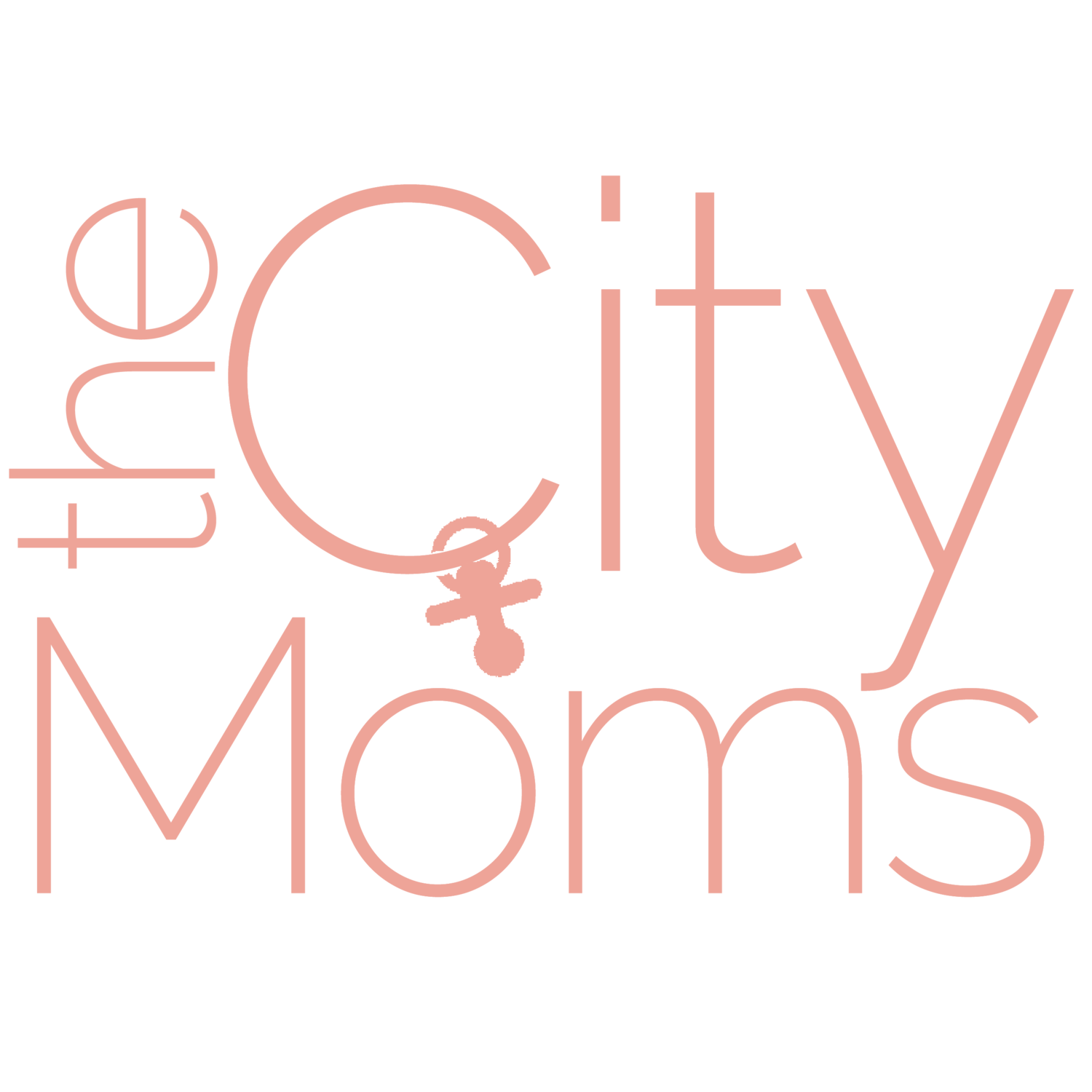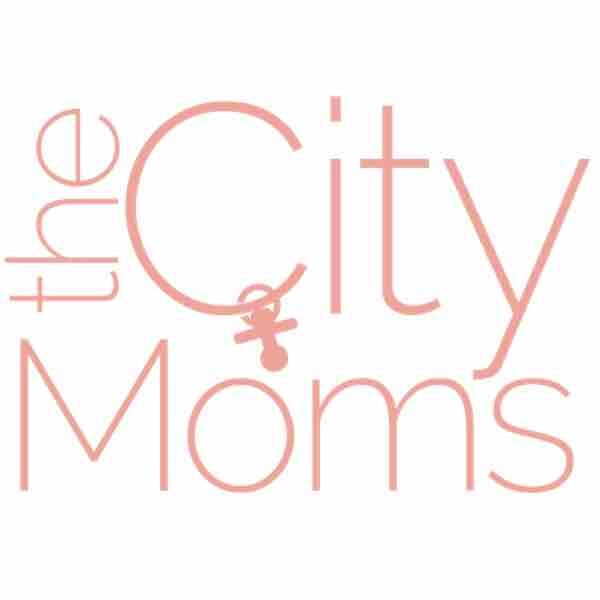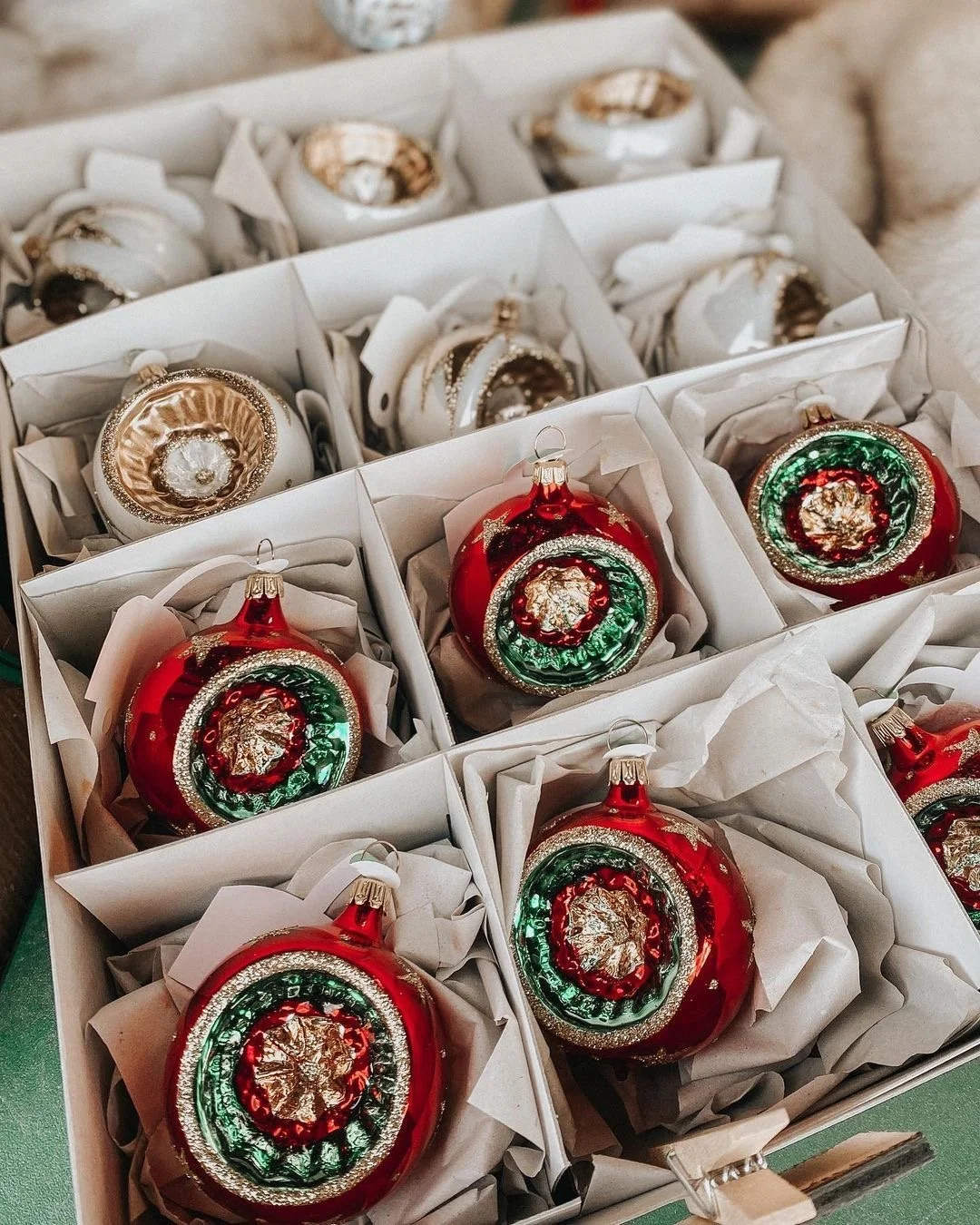We're celebrating bicultural holidays. And yeah, it's tough.
If your holidays were anything like mine growing up, they were filled with a never-ending pile of food, sweets, and presents that could all be lined up between Indy and Chicago. The holidays were filled with quality family time, music, and traditions and always put a golden touch on the end of the year.
Every weekend is filled with some Christmas-themed activity and not a moment is wasted without something red, green, or obnoxiously sweet. Thanksgiving is about making dinner with more sides than anyone knows what to do with (Pinterest experiments and all) and turkey everything for weeks. The Friday after is for getting up at an ungodly hour to shop all day, a tradition that has been going on for decades in my family. Saturday is for finding the perfect tree and taking it home to decorate it.
SPEAKING OF THANKSGIVING: Our turkey 101 has got all of your prep, shop, and roasting tips.
Christmas Eve is for resting for the big day and Christmas Day is about reading the Christmas story from the Bible, opening a mountain-size pile of presents, a meal with 90% of the same sides as Thanksgiving (but with ham this time), and spending the rest of the day playing with your presents or sitting in a food-induced coma.
But isn’t this how everyone does Christmas?
It has to be. I mean, everyone thinks it’s about the food and traditions and everything green and red and sweet and has bells and……(record player screeches to a stop). Wrong.
Turns out the way you grew up doing Christmas most likely is not the way your neighbor did it, let alone someone from a different culture.
For the purpose of this post, it is very important to understand what the word “culture”. The word “culture” means the customs, arts, social institutions, and achievements of a particular nation, people, or other social groups. So this goes beyond what your in-laws do, or what your neighbor does - it’s A WHOLE NATION that does the same thing. You can imagine that it would be hard to adjust to something new when you grew up doing the same thing as everyone else around you. I mean, imagine going to a different country where it’s not acceptable to just wave to everyone upon entering a social situation. Now you have to hug every. Single. Person. In the room or you’re considered extremely rude. Enter my husband, Edwin, who was born in Venezuela. He moved here when he was 17 and now at 30 years old, he is mostly accustomed to American culture, but some parts are still difficult for him. You can imagine that the holidays can be somewhat stressful for us. As I desperately grasp onto my Christmas traditions that I have known since childhood, I try to blend them with Edwin’s cultural traditions while we make our new American-Venezuelan family traditions.
WANT MORE HOLIDAY TRADITIONS? CityMom Jamie shares her faves here.
I have asked him to help me write this post:
Edwin, what is Christmas like in Venezuela?
“We actually celebrate Christmas on Christmas Eve instead of Christmas Day. It’s very social - it is about visiting family, friends, and being able to say “Feliz Navidad” to them, and also eating at each household you go visit. Growing up it was a lot about the fireworks, it wasn’t necessarily about the presents. It’s just like Fourth of July here in America. Actually, for the whole month of December, there were a lot of fireworks. Most of the businesses shut down for a month too.”
So something important to realize as you’re reading Edwin’s recollection of the holidays in Venezuela is that Christmas is not in the middle of four months of winter. The tropical climate allows them to walk from house to house, or visit the beach on Christmas Day (can you imagine that?).
Edwin, can you tell our readers how you felt when you moved here and had to compromise your Christmas traditions with my family’s?
“The one thing you need to realize is that I moved here when I was still young, so I was still malleable in a sense. I was open to new ideas and traditions and I wanted to learn about them too. Since I was not with my family, I didn’t have any of my old traditions to have. It wasn’t until later that I started missing my traditions as well and also missing my family. This is when my family started coming more often and when we started implementing more Venezuelan traditions into our Christmas plans. It was very important for me to still have both of the traditions.”
This got really challenging for me as your family started coming here more. I honestly hated having to share my holiday time away from my family, but I got used to it over the years. Christmas Eve just became our Venezuelan Christmas and Christmas Day stayed the same.
Can you explain what a traditional Venezuelan meal is?
(I’ve been killing him slowly with all the sides over the years so we are working on forming a new Christmas menu.) “The most important part of a Venezuelan Christmas meal is an Hallaca which is a corn-based dish that is cooked in a plantain leaf. We also have Pan de Jamon which is a bread with ham, bacon, olives, and raisins. There is always some kind of meat; it can be a ham or Asado Negro. We also have Ensalada Gallina which is similar to chicken salad. Ponche Crema is also very popular, which is similar to eggnog with rum in it. We spend a whole day making Hallacas so we can not only give them to our friends but freeze them to eat for months after Christmas.”
By the way, I hate being pregnant at Christmas time because I can’t drink Ponche Crema. I really have grown to love our Venezuelan Christmas traditions and I’m so happy we can expose our children to another form of Christmas.
Edwin and I have started a podcast called Compromising Culture. This topic is near and dear to our hearts as our marriage has been a roller coaster through cultural issues over the past decade. We want to raise awareness and let others know it is perfectly normal to have conflict between the cultures and to give advice on how to navigate the sometimes rough waters. Our latest episode is about planning the holidays with two cultures and some tips to take to include both cultures in your holiday plans.




